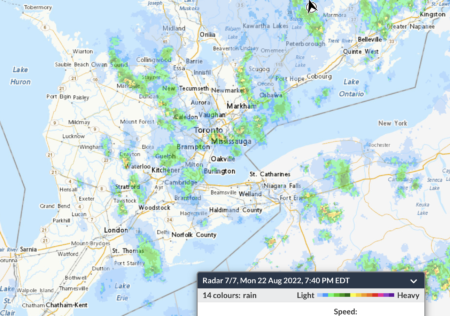To further develop the student coaching idea:
It would be student-driven, not curriculum-driven. The starting point would be who they are, why they’re at university, and what they aspire to do in the medium- and long-term. That’s the basis for helping them find worthwhile extracurriculars and networks, as well as thinking about course planning and major selection from a holistic perspective.
I would work for the student, not the university. As a TA I have spent many hours with students one-on-one reviewing their written work either before or after submission and grading. This has all been essentially unpaid, as I didn’t have so many hours of student contact in my TA contract. I enjoyed doing it though because it felt like the only time when I was really teaching. Up in front of a tutorial I am doing am improv act, trying to weave together my prepared material with the organic discussion of the students willing to talk. One-on-one we can take our time and establish that the student is really following along. It becomes possible to see if they can repeat back the salient idea to you.
As a TA, I was chiefly paid for grading and administrative hours like keeping track of attendance. Neither is an activity that much serves to educate. They are part of the university’s sorting function rather than its residual educational capabilities. Switching sides to serve rather than sort the students is appealing.
All the student support they get at U of T is a bit like going to an emergency room doctor. Their only priority is to deal with the narrow issue in front of them, because they have no long-term relationship to any patient’s health and need to triage patients by degree of need. This student coaching service would be like a family doctor, reminding you of things it will be important to to before you’ve missed a deadline and it’s not possible, and when to get started in researching each batch of papers.
Personally, rather than pedagogically, I see great appeal in employment where I need to maintain clients but not to report to any bosses.

